StarCraft is coming to Game Pass and there are rumors of a shooter spin-off, but a true StarCraft 3 RTS will stay a pipe dream if the series can't adapt
Opinion | The strategy genre has changed, and StarCraft risks falling behind
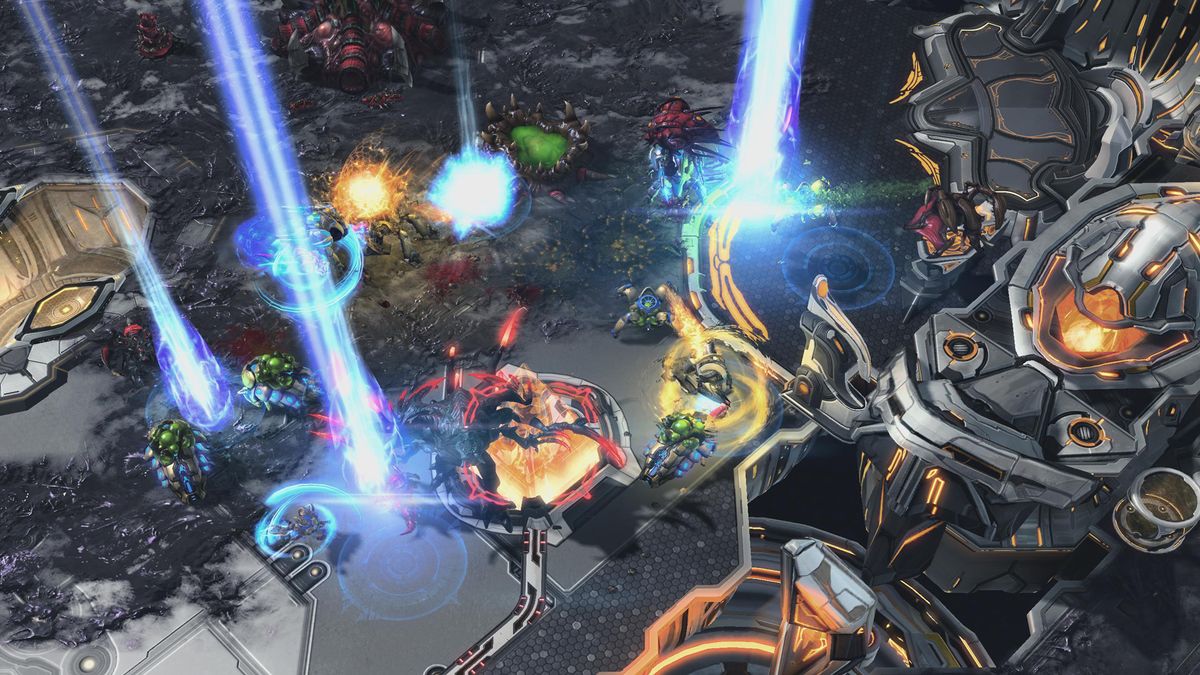
It's been – deep breath, please – 14 years since StarCraft 2 launched. Ouch. Though my brain has finally stopped thinking that 2010 was just a few years ago, this one stings. I was never particularly good at StarCraft – truth be told, online RTS matches stress me out like nothing else – but Wings of Liberty's campaign hooked me from the first mission. It was my stepping stone from playing the likes of Halo Wars and Lord of the Rings: Battle for Middle Earth 2 alone, to trying out multiplayer and learning phrases like Zerg rush and APM against my will.
I have fond (if painful memories) of trying to master all three of StarCraft 2's factions at once, throwing myself into the zerg's trial-by-fire horde playstyle and, once that felt too hard, dropping it to learn Protos' quality over quantity tactics. I never quite clicked with either – it was the safe, reliable Terrans I did best with – but it was the first and only time I've been so driven to compete in a strategy game.
Even 14 years later, I'm yet to find another RTS that has grabbed me in the same ways StarCraft did. So when it was recently reported that a StarCraft shooter was in the works, my immediate reaction was two-fold: as much as I crave a new story in Blizzard's sci-fi world, I'd much rather be looking at that world from a top-down perspective. But given how much has changed since StarCraft 2 launched, I have to wonder what something like StarCraft 3 would even look like.
Construct additional pylons
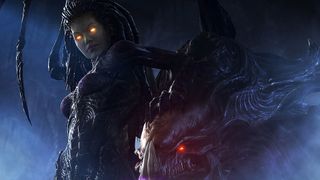

Keep your tactics sharp by playing the best strategy games
Let's take a look at the broader strategy genre. Since StarCraft 2 launched, we've seen XCOM receive a critically acclaimed reboot and sequel, while Civilization has released two (going on three with Civilization 7) new mainline games. In 2016 Total War moved into fantasy, breaking with its decade and a half of historical dominance to delve into Warhammer. Even Company of Heroes, which of these examples lies closest to StarCraft despite its World War Two setting, has experimented with live service trappings and a more sandbox-style campaign across its last two entries.
That's all to say that strategy, more so than most genres besides open-world adventures, changes more than most. The landscape that StarCraft 2 dominated is now alien – there's been a massive shift away from traditional RTS games, which I'd define as having a scripted campaign, competitive-minded multiplayer, and skirmish mode options. Now, we tend to see parts of this packaged into completely different games. A good example is Cataclismo, an Early Access game published by Hooded Horse – which, by my measure, keeps its thumb on the genre's pulse better than anyone else. Cataclismo takes traditional single-unit combat and defensive turtling and splices it into a brilliant block-by-block base-builder. You're still creating buildings to recruit units, managing your resource-based economy, and trying to field a well-balanced army. But you're also playing medieval Lego and fighting immeasurable hordes of enemies, things that don't fit within StarCraft's formula so neatly.

Meanwhile, I can count on one hand the amount of recent studios trying to capture that traditional formula. The big one is Stormgate developer Frost Giant Studios – while our Stormgate review flagged room for improvement, the game is currently in Early Access, and its first major update in September has been well-received by fans. On one hand, it shows there's an appetite for this style of RTS – but even Frost Giant Studios CEO Tim Morten, who was the production director for StarCraft 2, feels Blizzard would have to think big for StarCraft 3.
"I would hope to see StarCraft 3 try something radically new to advance the genre, like being an open world or introducing game modes that are radically different for accessibility with a greater ability to game with friends," Morten tells 12DOVE. Though I can't picture an open-world StarCraft game myself, I completely agree with Morten's point – it's hard to imagine a safe follow-up succeeding in today's landscape.
Sign up to the 12DOVE Newsletter
Weekly digests, tales from the communities you love, and more
For all of its strengths, StarCraft could never quite connect with a casual audience, as a lack of onboarding meant that players could only learn how to play through YouTube tutorials and one crushing defeat after another. This is something that developers have become much better at in recent years. Last year's Warhammer Age of Sigmar: Realms of Ruin, which sticks to that classic RTS formula, did this quite well, as streamlined unit production and less intensive micro-management meant that you could focus more on tougher concepts and the broader strategy of each match. Even grand strategies Crusader Kings 3 and Stellaris have made it to console, which defies the assumption that the genre's toughest games are restricted to nicher PC audiences.
If by some miracle Blizzard decided to greenlight StarCraft 3 – and by all accounts, the studio is dying to get back to its strategic ways – opening the series up to more players feels crucial. Besides the innovation that Morten points to, there's certainly room for StarCraft's larger-than-life campaigns to make a comeback, as very little can match a level propped up by one of the studio's jaw-dropping cinematics. Ultimately, maybe the easiest way to bring back StarCraft really is through a shooter, even if past attempts at doing so haven't worked out. Perhaps the times have indeed changed, and there really aren't as many wrist-cramped fans clamoring for a true follow-up. But as someone who's spent far too long gleefully mismanaging legions of doomed Zerg, Protoss and Terrans, it would be a shame to see Blizzard call it quits on the strategy genre rather than adapt to what it's become.
Don't let your APM get rusty - check out the best PC games you can play right now.

Andy Brown is the Features Editor of Gamesradar+, and joined the site in June 2024. Before arriving here, Andy earned a degree in Journalism and wrote about games and music at NME, all while trying (and failing) to hide a crippling obsession with strategy games. When he’s not bossing soldiers around in Total War, Andy can usually be found cleaning up after his chaotic husky Teemo, lost in a massive RPG, or diving into the latest soulslike – and writing about it for your amusement.
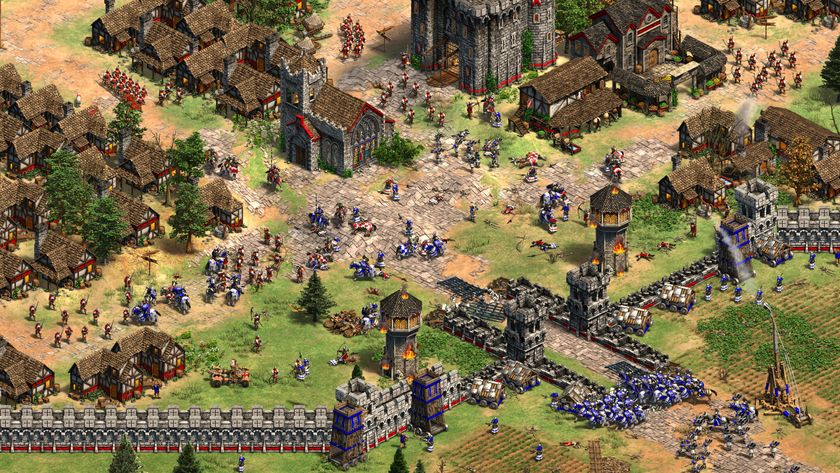
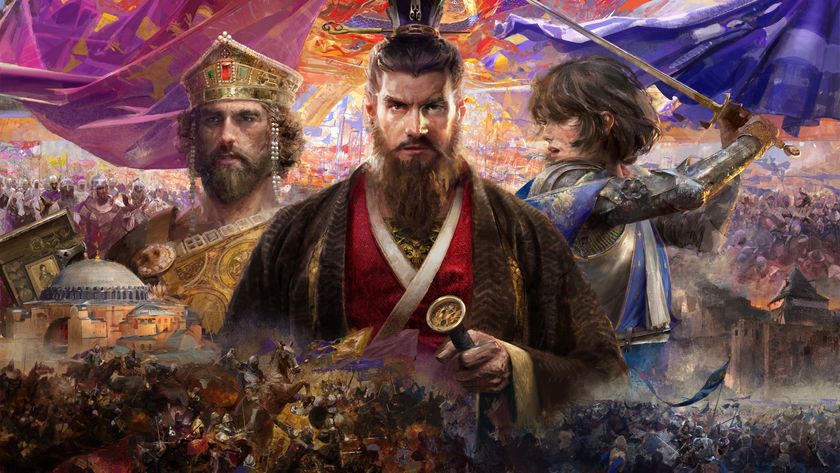
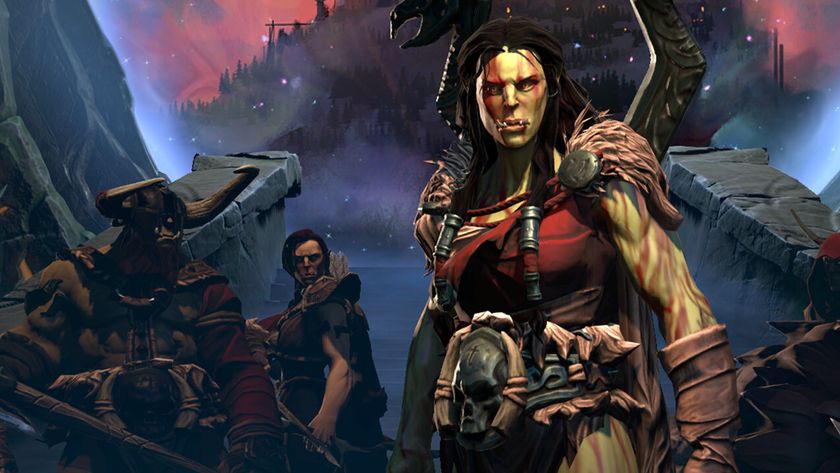
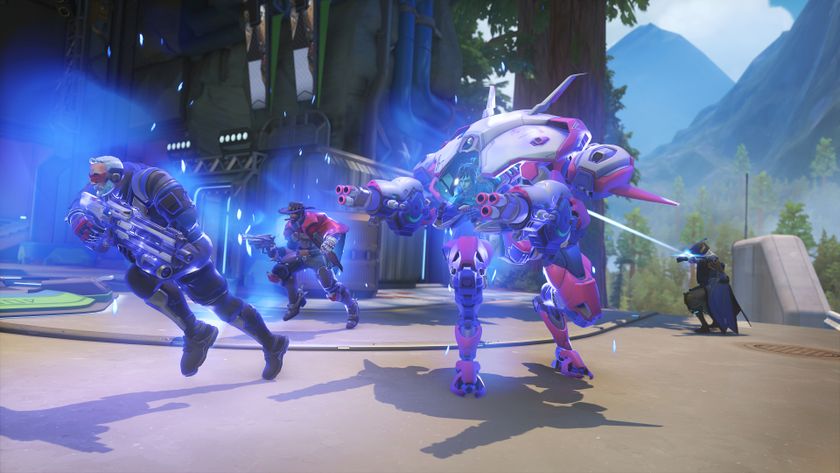
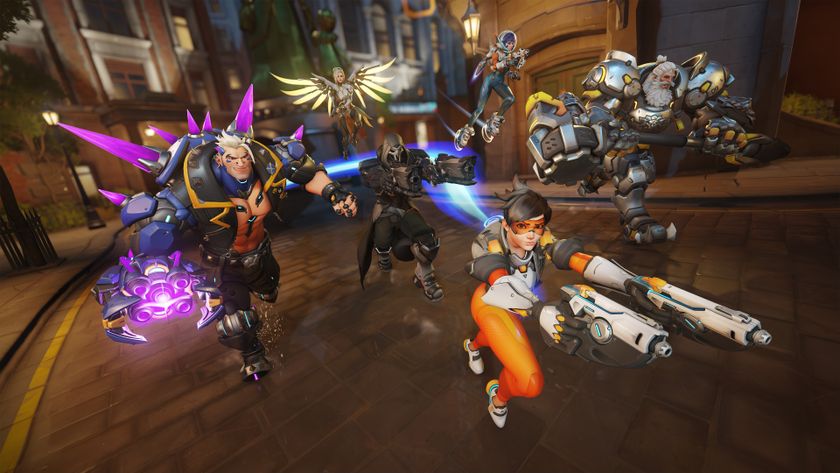
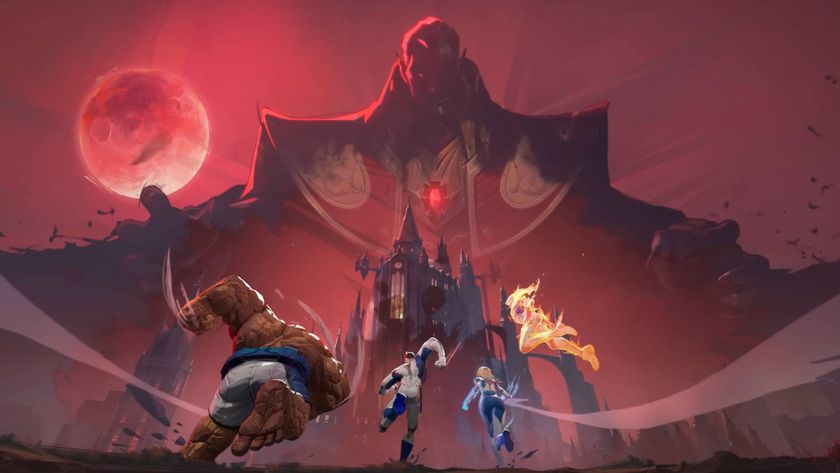
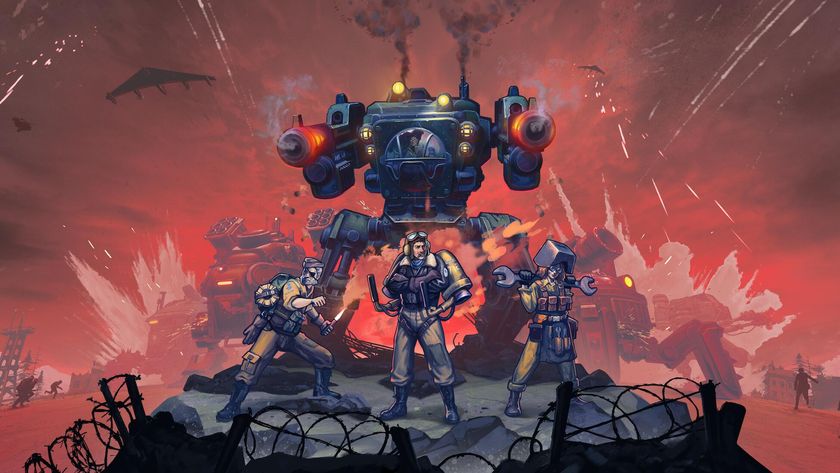
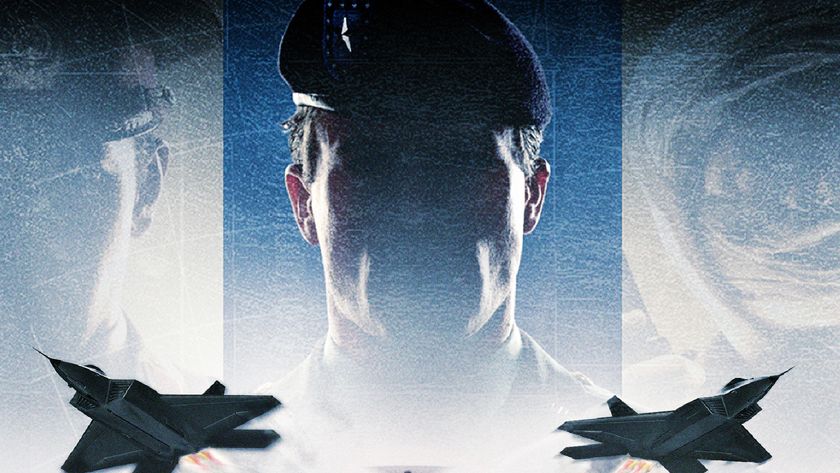

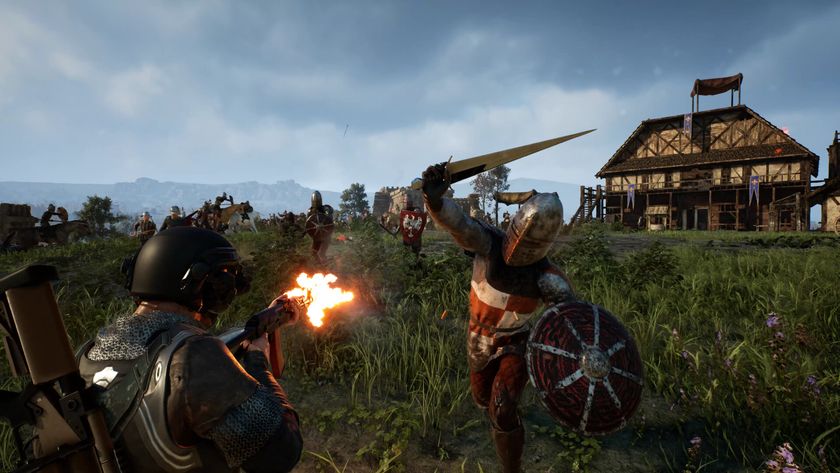
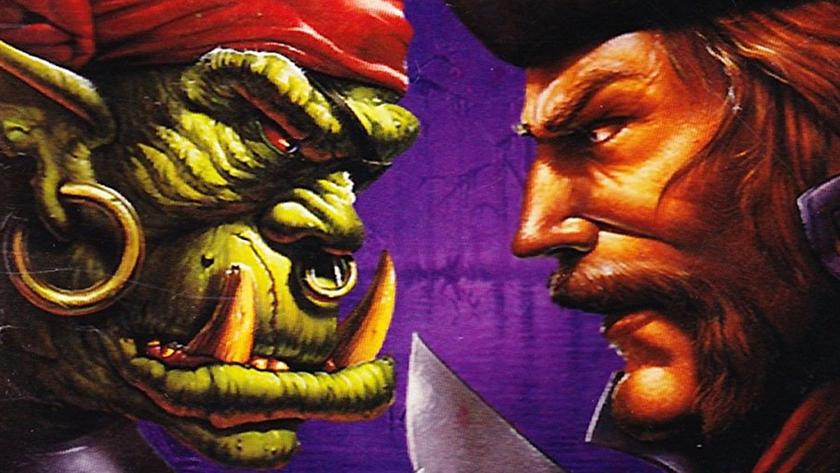
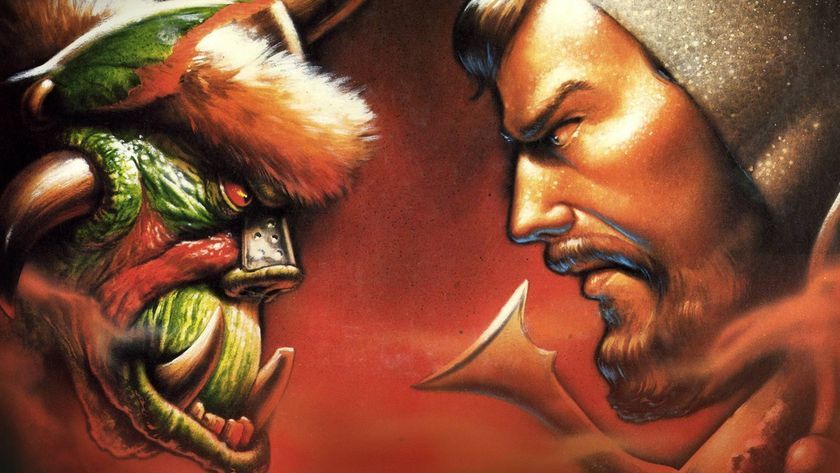







This roguelike strategy game puts you in charge of a dieselpunk alt-WW2 mech squad, and its Steam Next Fest demo is wonderfully bite-sized

EA is "releasing the fully recovered source code" for 4 classic Command & Conquer titles, and it's the best thing a major publisher can do for game preservation




